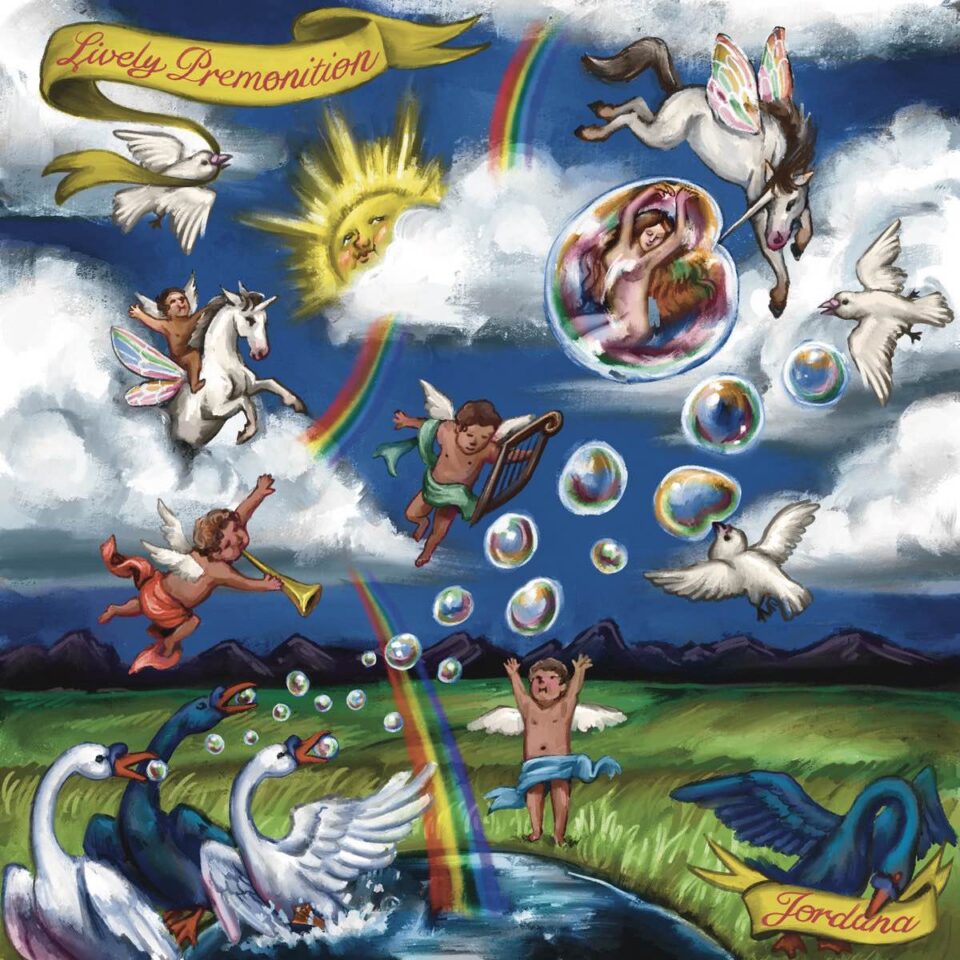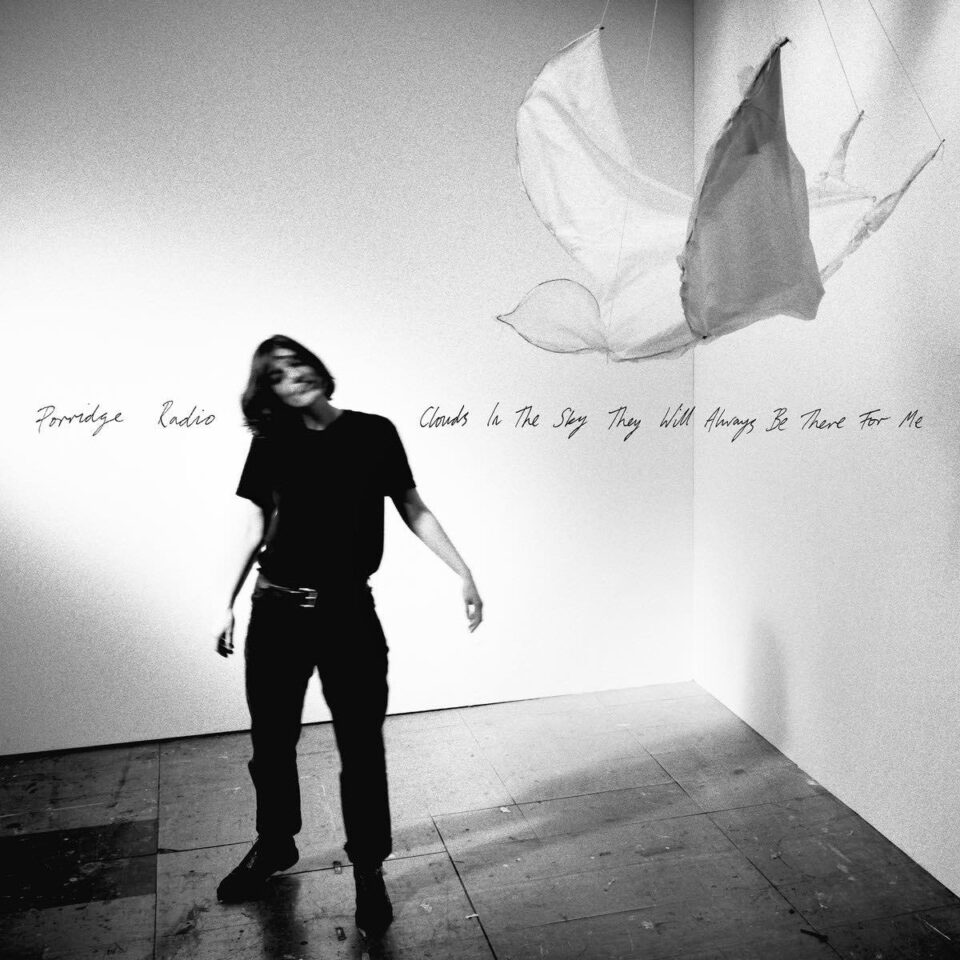NEU!
50!
GRÖNLAND
Together with the stillborn fury and motorik menace of Can and Kraftwerk, Düsseldorf, Germany’s experimental art-popping electronic duo of Klaus Dinger and Michael Rother—NEU!—formed the basis of what would become known (and forever imitated) as the genre “krautrock.” While each act within this unholy trio had its own frantic-but-focused sound to call its own, one would have to say that Dinger and Rother (both originally part of Kraftwerk before 1971) and their revolutionary work as NEU! with producer/studio owner Conny Plank was the most dire-but-driving of the krautrocking genre—electronic and punkish, rigidly repetitive, but gloriously open and spacious so as to create an inelegant sort of icy, ambient euphoria.
And in their wake, NEU! inspired Berlin-era David Bowie, Public Image Limited’s Metal Can, the whole of Joy Division, and present-day ensembles such as Mogwai, Man Man, IDLES, and The National, the latter four contributing chilly, distant remixes as part of the historical, 46-song overview of the duo’s original albums—from their self-titled in 1972 through to the archival collection NEU! ’86 in 2010—which also features covers and reworks helmed by groundbreaking contemporary voices including Guerilla Toss, They Hate Change, and Hot Chip’s Alexis Taylor.
From the cold clang of its “classic” “Negativland” through to the detuned, slow-motion whirr of “Hallo Excentrico!,” the motoring pulse and proto-screamo vocals of “Hero” (and that latter track’s more plucked, tubular cousin “Drive (Grundfunken)”) and the spinning top, absurdist summery scat of “KD” (listen, you’ll see what I mean) at the box set’s close, one full listen to 50! will illustrate exactly where post-punk was heading then—and where the future of aggressive lo-fi electronica will go.









